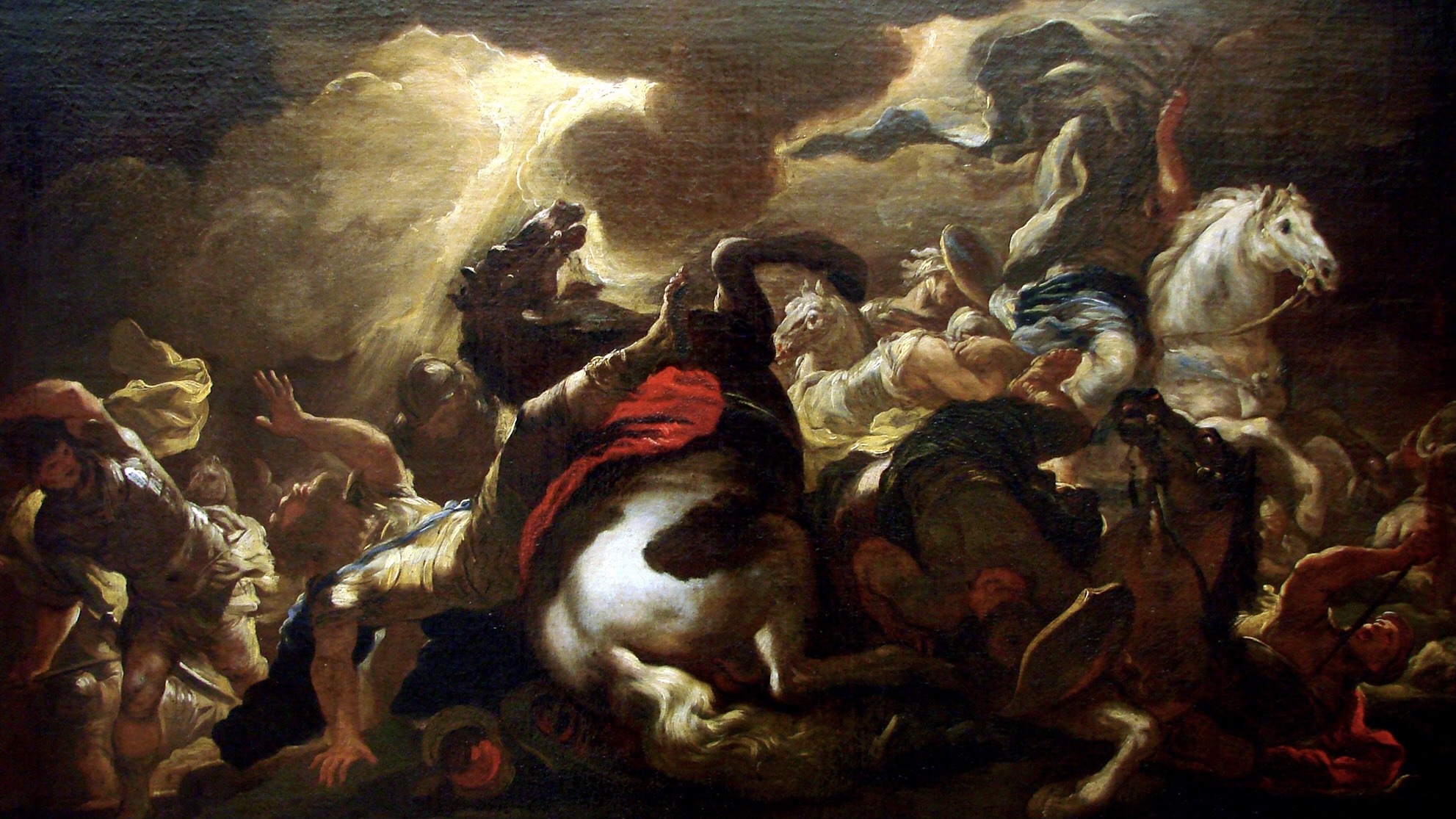
am astounded that I have to set out to prove this, but there we are; the Church’s biggest mission field is the Church. Let’s start with the Catechism of the Catholic Church (a very good place to start). There, in §1989, we read: “The first work of the grace of the Holy Spirit is conversion, effecting justification in accordance with Jesus’ proclamation at the beginning of the Gospel: ‘Repent, for the kingdom of heaven is at hand.’ Moved by grace, man turns toward God and away from sin, thus accepting forgiveness and righteousness from on high.”
Conversion (whether initial conversion or continuing conversion) is all gift and all grace, and indeed the Council of Trent teaches that apart from the grace of the Holy Spirit, conversion is impossible:
It is furthermore declared that in adults the beginning of that justification must proceed from the predisposing grace of God through Jesus Christ, that is, from His vocation, whereby, without any merits on their part, they are called; that they who by sin had been cut off from God, may be disposed through His quickening and helping grace to convert themselves to their own justification by freely assenting to and cooperating with that grace; so that, while God touches the heart of man through the illumination of the Holy Ghost, man himself neither does absolutely nothing while receiving that inspiration, since he can also reject it, nor yet is he able by his own free will and without the grace of God to move himself to justice in His sight.
Let’s unpack this. The Council is saying that, while it is true that a convert must say “yes” to God, it is only by the grace of God acting in him that he is able to say “yes” at all. Mary said “yes,” but she was able to say yes because of the prevenient grace of the Immaculate Conception.
Christ affirms this in John 6:44: “No man can come to me, except the Father which hath sent me draw him.” It is important not to interpret John 6:44 in a Calvinist manner and say that the verse teaches limited atonement or irresistible grace. But it does teach prevenient grace: apart from being drawn, we would be powerless to come.
Continuing conversion—or “perseverance,” if you will—is also the grace of the Holy Spirit, according to Trent:
He that shall persevere to the end, he shall be saved, which cannot be obtained from anyone except from Him who is able to make him stand who stands, that he may stand perseveringly, and to raise him who falls, let no one promise himself herein something as certain with an absolute certainty, though all ought to place and repose the firmest hope in God’s help.
I owe my conversion to God. End stop.
I owe my perseverance to God. End stop.
And though it is true I must say “yes,” without Him who is able to make me stand, I could not stand.
Grace is all; and all is grace.
And if I were to fall away, how might I be restored? The Council of Trent answers that question too:
Those who through sin have forfeited and received grace of justification, can again be justified when, moved by God, they exert themselves to obtain through the sacrament of penance the recovery, by the merits of Christ, of the grace lost.
And so Canon 3 of the Decree on Justification says:
If anyone says that without the predisposing inspiration of the Holy Ghost and without His help, man can believe, hope, love or be repentant as he ought, so that the grace of justification may be bestowed upon him, let him be anathema.
What enables conversions is “the predisposing inspiration of the Holy Ghost.” The Council of Trent says nothing about Cajetan’s predisposing refutation of Luther, or Newman’s predisposing apologia pro vita sua.
Of course it is true that God can use Cajetan, or use Newman, to help convert a soul. That is not in dispute. They are God’s fellow workers; amen dico tibi. And similarly, water is God’s fellow worker when God uses water to wash away sin.
But apart from the action of God, water is just water and a priest’s hands are dust and clay.
Apart from the action of God, the best apologetic argument in the world for becoming Catholic is just paper.
It is the gift of God, lest any man should boast (Ephesians 2:9). St. Thomas Aquinas considered his works and said: “Straw.”
Apart from the breath of God, no breath in us and no life.
Discover more from To Give a Defense
Subscribe to get the latest posts sent to your email.